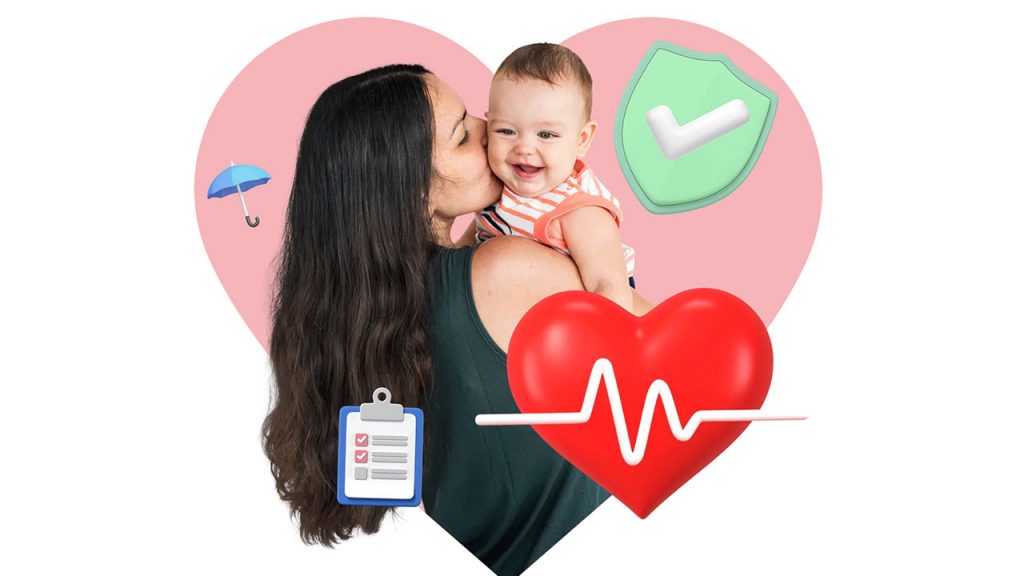 When a mother embraces her infant for the first time, it is the most profound moment and a delight that every woman should be able to feel. The mother and her baby should have the opportunity to flourish rather than just survive. Strong families and resilient communities are built on the foundation of maternal and infant health. In India and other parts of the world, protecting mothers’ and infants’ health is not only a medical concern but also a fundamental human right.
When a mother embraces her infant for the first time, it is the most profound moment and a delight that every woman should be able to feel. The mother and her baby should have the opportunity to flourish rather than just survive. Strong families and resilient communities are built on the foundation of maternal and infant health. In India and other parts of the world, protecting mothers’ and infants’ health is not only a medical concern but also a fundamental human right.
It’s time to consider the tragic fact that far too many mothers and infants continue to perish from preventable causes as we commemorate World Health Day today on April 7th, 2025.
The Stark Numbers We Cannot Ignore
As per the World Health Organisation (WHO), pregnancy and delivery problems claim the lives of about 300,000 women annually. In the first month of life, more than 2 million babies pass away, and another 2 million are stillborn. That is around one avoidable death every seven seconds.
The stories of a lady with hope and a child whose destiny was never given a chance lie behind each of these figures.
Though awareness has grown and medical technology has advanced, improvement has been too slow. Four out of five nations will fall short of their 2030 maternal survival improvement goals if present trends continue.
One in three nations will not meet their targets for lowering the number of neonatal fatalities.
India’s Progress and Remaining Challenges
India has made noteworthy progress in improving maternal health as per a UNICEF India programme. The programme report suggests that the Maternal Mortality Ratio (MMR) declined from 130 per 100,000 live births in 2014–16 to 97 in 2018–20, reflecting stronger healthcare systems, better antenatal care, and dedicated policy interventions.
Yet, significant challenges remain. There are persistent disparities in access to healthcare and nutrition, particularly across rural and marginalized communities. Many maternal deaths are still due to preventable causes such as severe bleeding, infections, and complications during delivery that can be managed with timely and appropriate care.
Helping Every Woman and Baby Survive and Thrive
This is an important—and completely doable—task. We can easily solve the problems.
We must make sure that every woman and her family receive respectful, high-quality care before, during, and after childbirth. This entails treating mental health, noncommunicable diseases, and family planning access in addition to direct obstetric difficulties.
Listening to Women, Supporting Families
A dedication to listening to women must be at the core of this movement. Their opinions are much too frequently ignored when choices about their health and welfare are being made. To raise new lives in secure, healthy settings, families also require financial, emotional, and physical support.
Health systems need to change to become more people-centred and responsive. We must make investments in maternity and neonatal care that enhance quality of life while lowering mortality.
This World Health Day, we join the global movement to:
- Raise awareness about the gaps in maternal and newborn survival—and the urgent need to close them.
- Advocate for investments that prioritise the health and long-term well-being of women and babies.
- Encourage collective action, supporting both families and health workers who provide critical care under challenging conditions.
- Provide vital information about pregnancy, childbirth, and the postnatal period, empowering individuals to make informed health choices.
Maternal and infant deaths are not inevitable—they are preventable. With the right care, policies, and support systems, we can change the story for millions of women and children around the world.
On this World Health Day, let’s commit to building a world where every birth is safe, every life is valued, and every mother and baby has the opportunity to thrive.
#BeTheForce




Leave a Reply